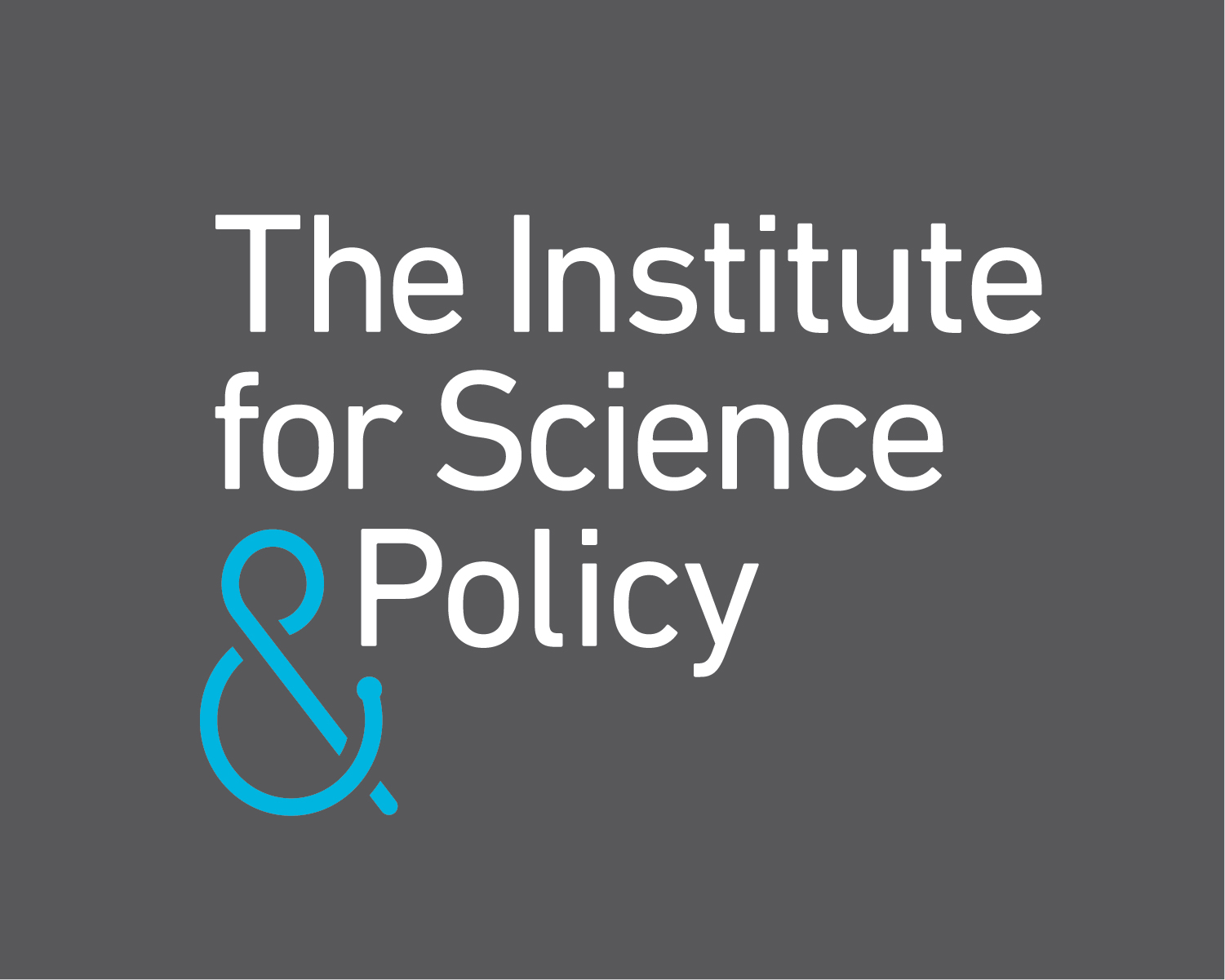Race, Inequality, and COVID-19
This article is part of an ongoing collaboration between the Colorado School of Public Health, the Denver Museum of Nature & Science, and the Institute for Science & Policy. Find all of our previous COVID-19 webinars and recaps here.
Part One:
COVID-19 has illustrated structural inequities in the American healthcare system that have persisted for centuries. Black Americans are dying of the virus at a higher rate than whites, despite making up a smaller percentage of the population. Majority-minority communities commonly lack access to testing sites and other medical resources. Black, Latino, and Native Americans are likelier to suffer from preventable illnesses and pre-existing health conditions, leaving them at greater risk during an epidemic. How did this come to be? And how can policymakers, scientists, health practitioners, and citizens help address these long-standing public health trends and move toward a more just and equitable system for all?
In part one of our two-part exploration of race, inequity and COVID-19, we discussed the history of healthcare inequality, trust (and mistrust) of health practices, data from the current outbreak, and possible ways forward with a panel of distinguished guests:
- Fernando Holguin, MD, Director of the Latino Research & Policy Center at the Colorado School of Public Health and Professor of Medicine-Pulmonary Sciences & Critical Care and Director of Asthma Clinical and Research Programs at the University of Colorado School of Medicine
- Cerise Hunt, PhD, MSW, Director for the Center for Public Health Practice and Assistant Professor in Community and Behavioral Health at Colorado School of Public Health
- Spero M. Manson, PhD, (Pembina Chippewa), Distinguished Professor of Public Health and Psychiatry, Director of the Centers for American Indian and Alaska Native Health, and the Colorado Trust Chair in American Indian Health within the Colorado School of Public Health
Part 2 coming July 20
Disclosure statement:
The Institute for Science & Policy is committed to publishing diverse perspectives in order to advance civil discourse and productive dialogue. Views expressed by contributors do not necessarily reflect those of the Institute, the Denver Museum of Nature & Science, or its affiliates.

